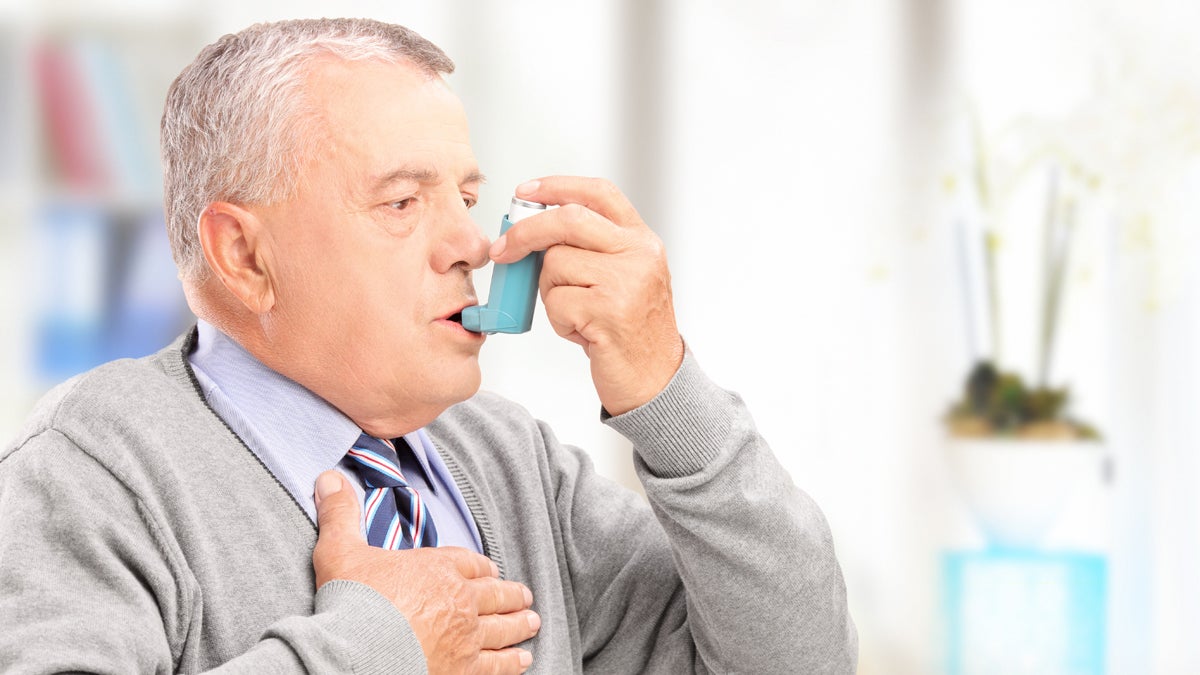Sniff test reveals ‘nocebo’ effect among asthmatics told odor is harmful
 Photo via ShutterStock) " title="ssasthmaticx1200" width="1" height="1"/>
Photo via ShutterStock) " title="ssasthmaticx1200" width="1" height="1"/>
(Photo via ShutterStock)
For many asthmatics, perfumes or other odors can trigger an attack. But just believing an odor is harmful can make breathing more difficult, according to a new study from the Monell Chemical Senses Center in Philadelphia.
Olfactory researcher and cognitive psychologist Pamela Dalton said there’s no biological reason why asthmatics should react to smells that aren’t irritants. To find out whether at least part of that sensitivity is psychological in nature, she exposed 17 asthmatics to a harmless rose scent. About half of them were told the odor might cause respiratory problems, while the others were told the odor was therapeutic.
Within minutes after exposure, airway inflammation increased — and remained high a full day later — in the group that was told the scent was harmful.
“We were surprised at how quickly and persistently that misinformation increased airway inflammation,” Dalton said.
The asthmatics who were told the odor was beneficial had no ill effects, even those who reported fragrance sensitivity.
The result, said Dalton, is an example of a “nocebo” effect, or the opposite of the placebo effect. Instead of a positive outcome, it’s negative. The findings were published this month in the Journal of Psychosomatic Research.
“Once this reaction occurs, and a person gets worried about something, the symptoms are real,” she said. “It’s not in their head anymore. These are true physiological changes.”
Knowing that perception of odors can exacerbate asthma offers another way of controlling the disease.
“We shouldn’t necessarily be hypervigilant and worried about all the odors we might experience,” said Dalton, who is an asthmatic. “If we reduce our worry level, we might actually go a long way toward taming some of our symptoms.”
The fact that prominent health organizations, such as the American Lung Association, list fragrances as triggers for attacks on their websites may contribute to the problem, said Dalton.
WHYY is your source for fact-based, in-depth journalism and information. As a nonprofit organization, we rely on financial support from readers like you. Please give today.

